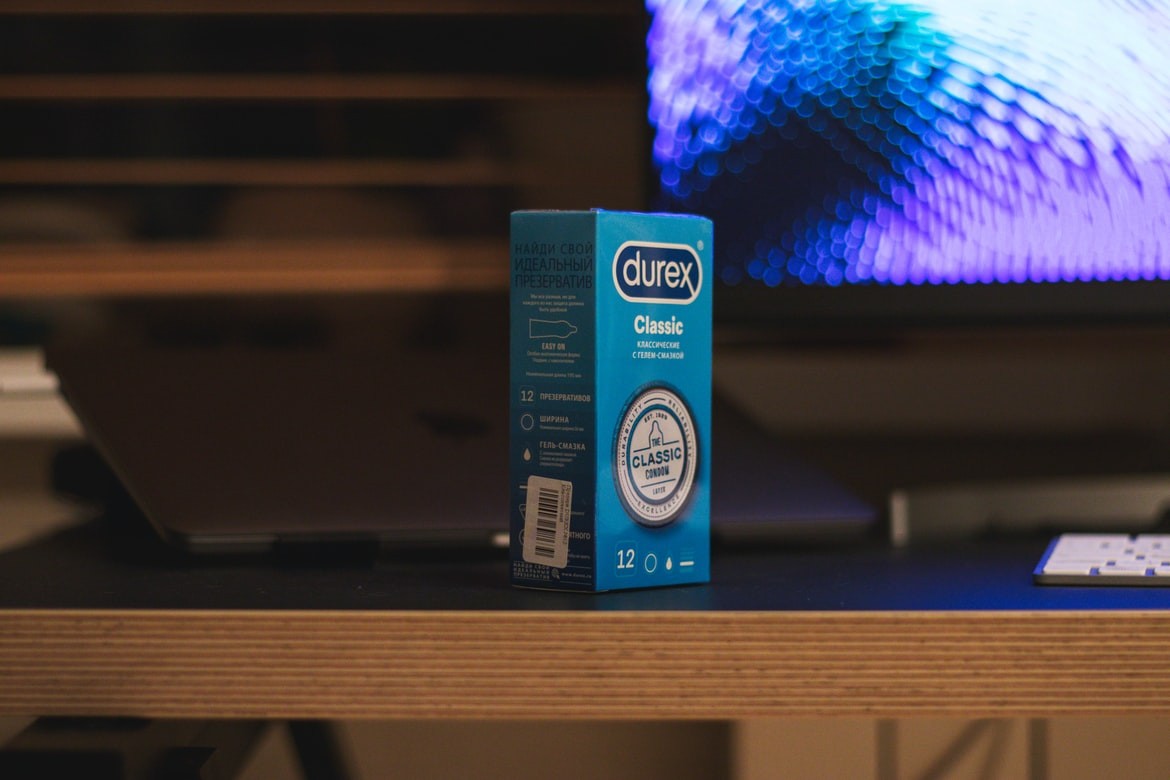Reckitt, the consumer goods company behind such products as Durex and Dettol, has said it will have to raise the prices of its products to offset higher running costs.
“We will apply appropriate pricing and net revenue growth management actions in 2022 to offset these pressures and will continue to deliver on our strong productivity programme,” Reckitt CEO Laxman Narasimhan said.
The company announced its full-year sales had increased by 3.5 per cent, ahead of expectations, on demand for hygiene and health products.
Sales of Durex condoms, KY lubricants and Veet hair removal products were boosted as lockdowns were lifted.
Reckitt is by no means the only consumer goods company that has warned it will have to increase prices.
Nestle CEO Mark Schneider, said it was a “safe assumption” that prices would rise this year. The company already lifted prices by 3.1 percent in the fourth quarter of its financial year to offset rising operating costs.
“It is a safe assumption that our input cost increases for 2022 will be higher than 2021, that is something that we have to reflect in our pricing,” said Mr Schneider
“There is almost no place in the company that is exempt from inflation now,” he added. “Some of these things you can hedge against, some not.”
Last week, Unilever, the firm behind a wide range of brands such as Knorr, Hellman’s mayonnaise and Dove soaps said it would put up its prices again this year as its overheads continue to rise.
The consumer goods giant, which already raised prices in 2021, said the cost of some of its goods would go up but this would vary from country to country.
The company said it was facing €3.5bn of extra costs in 2022 alone.
Cautious optimism across sectors: Business confidence rebounds in Q1 2025, says Central Bank
Confidence is creeping back into Malta’s business community
80,946 foreign students attended English language courses in 2024 – NSO
A significant 15% of students stayed in hotels rated three stars and above
Intel plans to cut over 20% of staff in major overhaul
Intel's new CEO has told the company 'hard decisions' need to be taken






